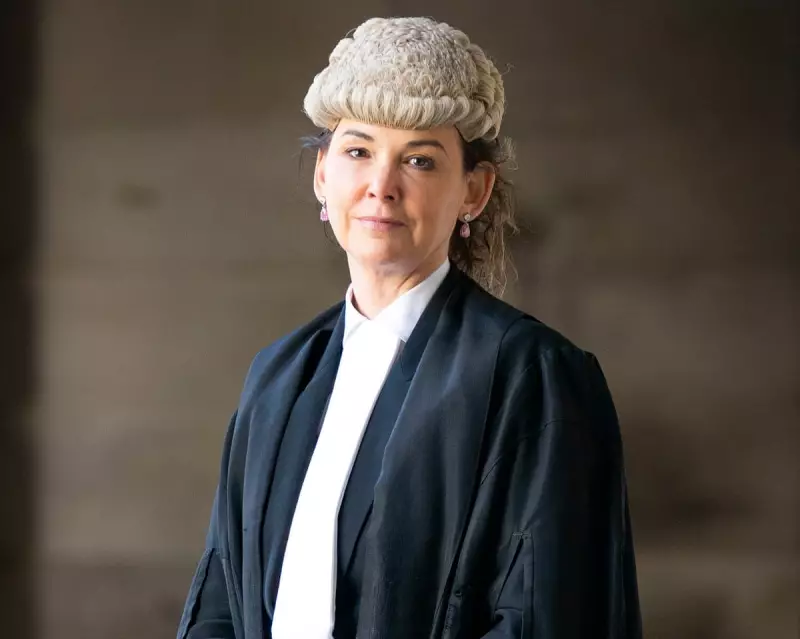
Scotland's most senior law officer has moved to provide immediate reassurance to victims of sexual abuse following a landmark Supreme Court judgment that questioned whether Scottish legal protections could be breaching defendants' rights to fair trials.
Lord Advocate's Firm Commitment to Victims
In a strongly worded statement issued this week, Lord Advocate Dorothy Bain KC emphasised her understanding that sexual abuse inflicted upon women and children represents the single greatest challenge facing Scotland's justice system. She declared the situation 'unacceptable' and stressed that victims should feel able to speak out without further fear.
The Lord Advocate provided crucial clarification about the practical implications of last Wednesday's Supreme Court ruling, stating unequivocally: 'The supreme court ruling does not alter the statutory protections for those giving evidence.' She reinforced that these safeguards remain firmly in place to protect the dignity, privacy and wellbeing of victims involved in sexual offence cases.
Understanding the Supreme Court Judgment
The legal controversy centres on Scotland's 'rape shield' laws, specifically sections 274 and 275 of the Criminal Procedure (Scotland) Act 1995. These provisions were originally designed to protect complainers in sexual offence cases from humiliating and intrusive questioning about their sexual history or character.
Last Wednesday, the Supreme Court delivered its judgment concerning appeals from two men against rape convictions from Scottish courts. While both appeals were ultimately dismissed, the five-judge panel issued a significant warning that Scotland's current judicial approach to admitting evidence 'is liable to result in violations of defendants' rights to a fair trial under article 6 of the convention'.
The court emphasised that any intrusion into a complainer's privacy must be no more than strictly necessary to ensure the accused receives a fair trial, creating a delicate balancing act for Scottish courts.
Legal Community Reactions and Concerns
The judgment has prompted varied reactions across Scotland's legal landscape. Thomas Ross KC, who has previously criticised the operation of rape shield laws, suggested that the Scottish Parliament should commission a human rights lawyer, potentially the recently retired Lady Hale, to handle miscarriage of justice referrals.
Ross predicted practical consequences, warning that those with previously rejected appeals would likely approach the Scottish Criminal Cases Review Commission, potentially flooding the system with new cases that could take years to process.
Meanwhile, Katrina Parkes, the legal director of Scotland's Crown Office, sought to provide perspective, insisting the ruling does not automatically render existing convictions unsafe. She clarified that any appeals would be considered individually through established review processes.
Victim support organisations have expressed serious concerns. Sandy Brindley, chief executive of Rape Crisis Scotland, described the judgment as potentially representing a 'real step backwards'. She highlighted the worrying possibility that the threat of having sexual history examined in court could deter women from reporting assaults, thereby undermining confidence in Scotland's justice process.
This legal development comes shortly after the Scottish Parliament voted to abolish the 'not proven' verdict, a legal anomaly considered a key factor in Scotland's significantly lower conviction rates for rape and sexual assault cases. These reforms were intended to place victims and witnesses at the heart of a modern and fair justice system.





